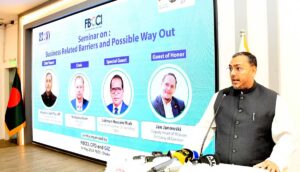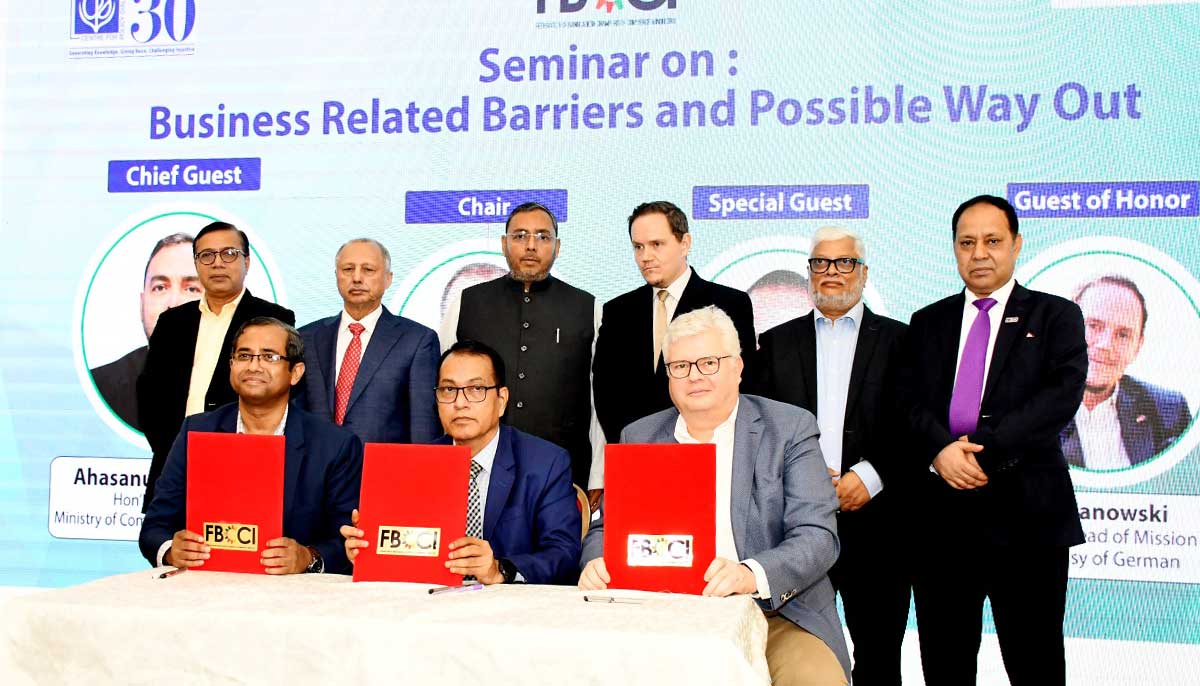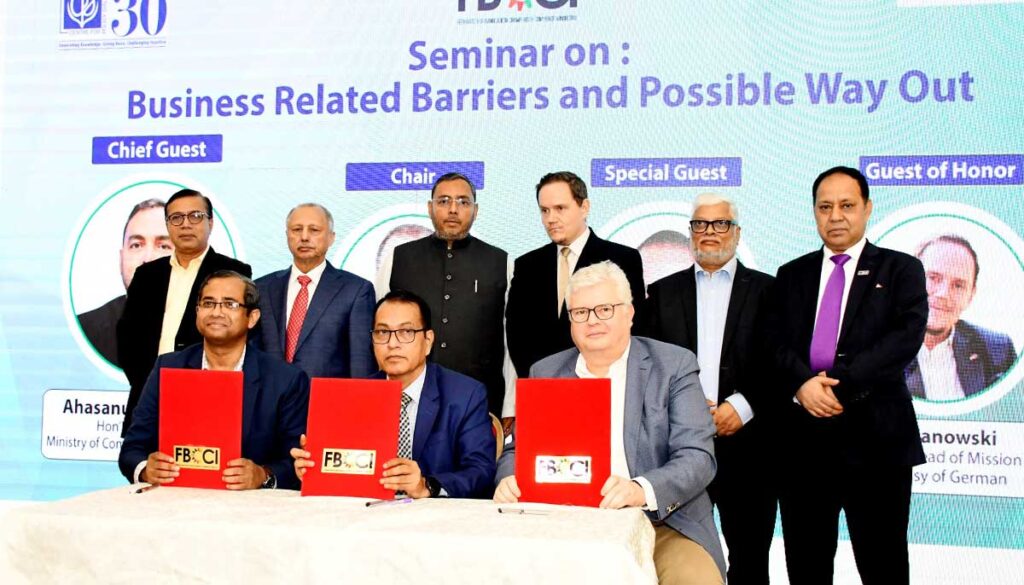Bangladesh, strategically located with a market of 174 million people, is poised for significant economic growth. Yet, the business landscape is fraught with challenges embedded in its regulatory, institutional and operational framework. These challenges are underscored by low rankings in global reports such as 173rd in the World Bank's Doing Business 2020 and 105th in the World Economic Forum's Global Competitiveness Report 2020. The country continues to face procedural delays and complications that hamper business operations, particularly deficient credit information systems that deter investment. Recognizing these constraints, Business Process Reengineering (BPR) has been proposed as a strategic response to radically overhaul business processes to improve cost, quality, service and speed, align Bangladesh's business practices with global standards, and create an enabling environment for economic growth. Re-evaluated and redesigned.
In this context, the Center for Policy Dialogue (CPD), Federation of Bangladesh Chambers of Commerce and Industry (FBCCI) and Deutsche Gesellschaft für Internationale Zusammenarbeit (GIZ) GmbH in Bangladesh jointly organized a dialogue on 'Trade Barriers and Potential Issues'. ' Tuesday, 14th May, 2024 at FBCCI premises.
The dialogue is based on a study titled 'Resolving Regulatory, Institutional, and Operational Barriers in the Business Environment of Bangladesh: A Business Process Reengineering Approach'. The aim of the study was to assess business operations, identify operational challenges, streamline bottlenecks and develop a comprehensive strategy to improve business practices.
In his welcome address, Mr. Mahbubul Alam, President, FBCCI said, 'Addressing business challenges through a dedicated platform to facilitate meaningful discussions and develop practical solutions requires coordinated efforts between government officials and private sector leaders'.

Mr Werner Lange, Cluster Coordinator of GIZ Bangladesh commented, 'We must continue to strive for better business practices by improving the efficiency of public services related to business activities, especially imports and exports, and maintain social and environmental standards'.
In his keynote presentation, Dr. Khondkar Golam Moazzem, Director of Research, CPD, emphasized that 'BPR's primary objective is to eliminate redundant activities and optimize processes, improving the country's competitive edge globally'. He also said Bangladesh can emulate significant progress through regulatory reform, digital transformation and promotion of innovation and entrepreneurship by learning from successful BPR implementation in countries like China, India and Vietnam.





